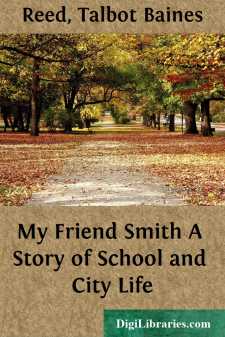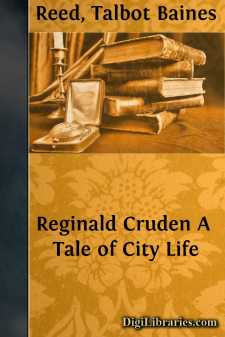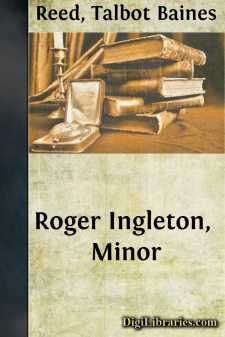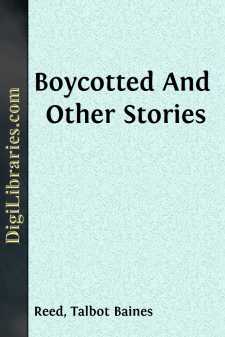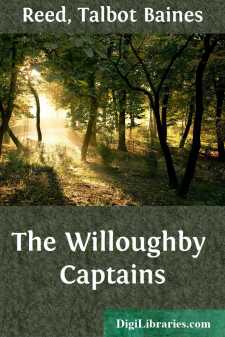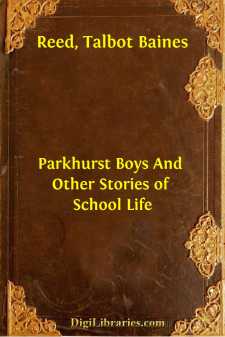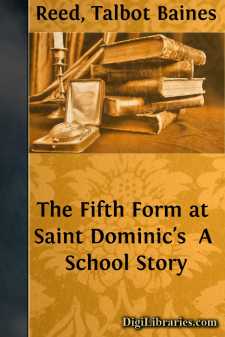Categories
- Antiques & Collectibles 13
- Architecture 36
- Art 48
- Bibles 22
- Biography & Autobiography 813
- Body, Mind & Spirit 142
- Business & Economics 28
- Children's Books 15
- Children's Fiction 12
- Computers 4
- Cooking 94
- Crafts & Hobbies 4
- Drama 346
- Education 46
- Family & Relationships 57
- Fiction 11828
- Games 19
- Gardening 17
- Health & Fitness 34
- History 1377
- House & Home 1
- Humor 147
- Juvenile Fiction 1873
- Juvenile Nonfiction 202
- Language Arts & Disciplines 88
- Law 16
- Literary Collections 686
- Literary Criticism 179
- Mathematics 13
- Medical 41
- Music 40
- Nature 179
- Non-Classifiable 1768
- Performing Arts 7
- Periodicals 1453
- Philosophy 64
- Photography 2
- Poetry 896
- Political Science 203
- Psychology 42
- Reference 154
- Religion 513
- Science 126
- Self-Help 84
- Social Science 81
- Sports & Recreation 34
- Study Aids 3
- Technology & Engineering 59
- Transportation 23
- Travel 463
- True Crime 29
My Friend Smith A Story of School and City Life
Categories:
Description:
Excerpt
How I came to be sent to Stonebridge House.
“It was perfectly plain, Hudson, the boy could not be allowed to remain any longer a disgrace to the neighbourhood,” said my uncle.
“But, sir,” began my poor old nurse.
“That will do, Hudson,” said my uncle, decisively; “the matter is settled—Frederick is going to Stonebridge House on Monday.”
And my uncle stood up, and taking a coat-tail under each arm, established himself upon the hearthrug, with his back to Mrs Hudson. That was always a sign there was no more to be said; and off I was trotted out of the dreaded presence, not very sure whether to be elated or depressed by the conversation I had overheard.
And indeed I never was quite clear as to why, at the tender and guileless age of twelve, I was abruptly sent away from my native village of Brownstroke, to that select and popular “Academy for Backward and Troublesome Young Gentlemen,” (so the advertisement ran), known as Stonebridge House, in the neighbourhood of Cliffshire.
Other people appeared to divine the reason, and Mrs Hudson shook her head and wiped her eyes when I consulted her on the subject. It was queer. “I must be a very backward boy,” thought I to myself, “for try as I will, I don’t see it.”
You must know I was an orphan. I never could recollect my mother—nor could Mrs Hudson. As to my father, all I could recall of him was that he had bushy eyebrows, and used to tell me some most wonderful stories about lions and tigers and other beasts of prey, and used now and then to show me my mother’s likeness in a locket that hung on his watch-chain. They were both dead, and so I came to live with my uncle. Now, I could hardly tell why, but it never seemed to me as if my uncle appeared to regard it as a privilege to have me to take care of. He didn’t whack me as some fellows’ uncles do, nor did he particularly interfere with my concerns, as the manner of other uncles (so I am told), is. He just took as little notice as possible of me, and as long as I went regularly to Mrs Wren’s grammar-school in the village, and as long as Mrs Hudson kept my garments in proper order, and as long as I showed up duly on state occasions, and didn’t bring more than a square inch of clay on each heel (there was a natural affinity between clay and my heels), into his drawing-room, he scarcely seemed to be aware that his house possessed such a treasure as an only nephew.
The part of my life I liked least was the grammar-school. That was a horrid place. Mrs Wren was a good old soul, who spent one half of her time looking over her spectacles, and the other half under them, for something she never found. We big boys—for twelve is a good age for a dame’s grammar-school—we didn’t exactly get on at old Jenny Wren’s, as she was called. For we gradually discovered we knew almost as much as she did herself, and it dawned on us by degrees that somehow she didn’t know how to keep us in order. The consequence was, one or two boys, especially Jimmy Bates, the parish clerk’s son, and Joe Bobbins, the Italian oil and colourman’s son, didn’t behave very well....


